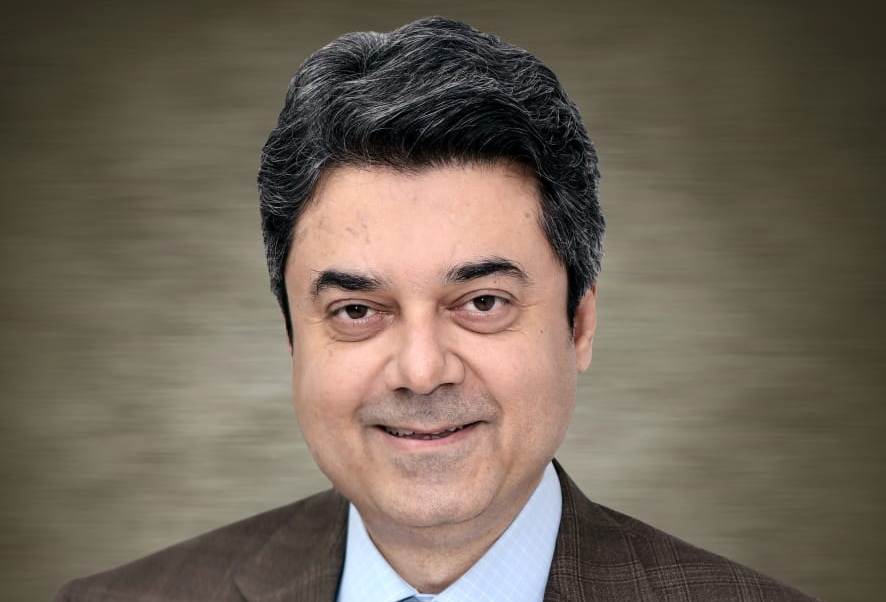مضمون کا ماخذ : Lô Đề
متعلقہ مضامین
-
World Bank keen to invest in healthcare, industrial parks
-
Kharal handed over to police on physical remand
-
Let Supreme Court decide Panama case, PML-N tells PTI
-
خوش قسمت خرگوش قریب کی کہانی
-
ورچوئل اسپورٹس گیم پلیٹ فارم: مستقبل کی تفریح اور کھیلوں کا نیا ذریعہ
-
جی ڈبلیو لاٹری ایماندار بیٹنگ پلیٹ فارم کی خصوصیات اور فوائد
-
Sheyu ایماندار بیٹنگ لنک: ایک محفوظ اور شفاف تجربہ
-
الیکٹرانک تحقیقات کا آفیشل انٹرٹینمنٹ لنک اور اس کی اہمیت
-
ناناو آن لائن آفیشل ڈاؤنلوڈ ویب سائٹ
-
ڈائس ہائی اینڈ لو آفیشل ڈاؤن لوڈ ویب سائٹ
-
Dice High and Low ايپ گيم پليٹ فارم
-
BNG Electronic ایپ ڈاؤن لوڈ ویب سائٹ کے بارے میں مکمل معلومات













